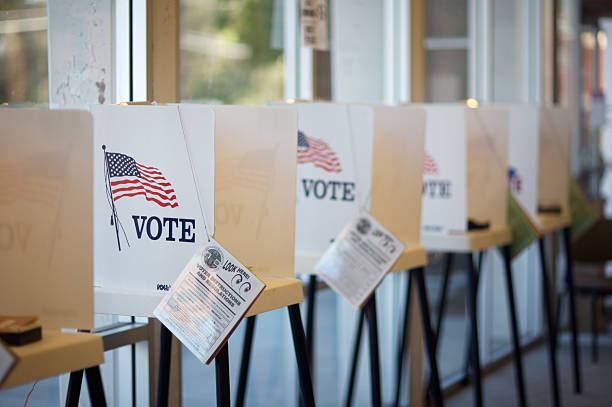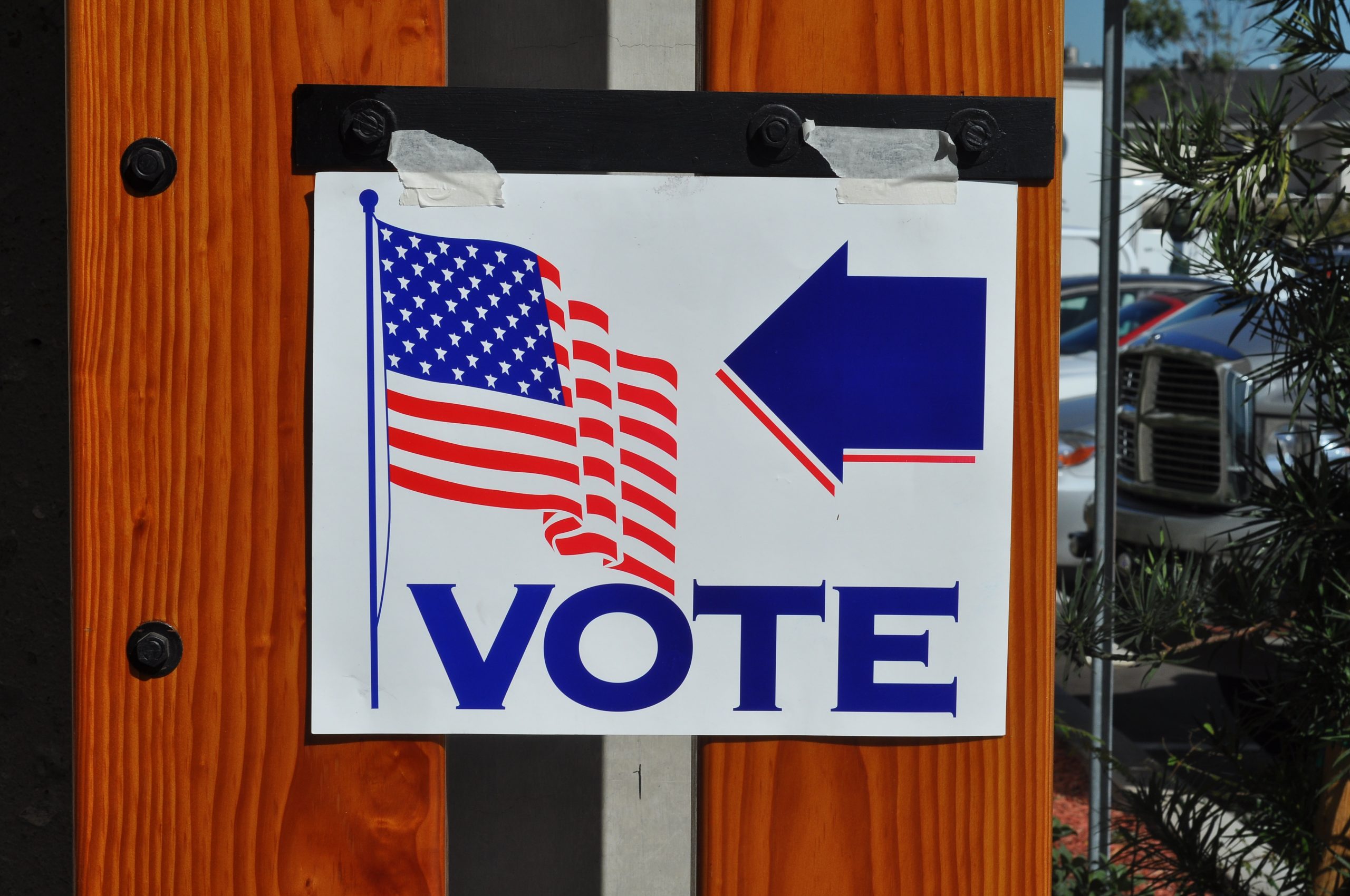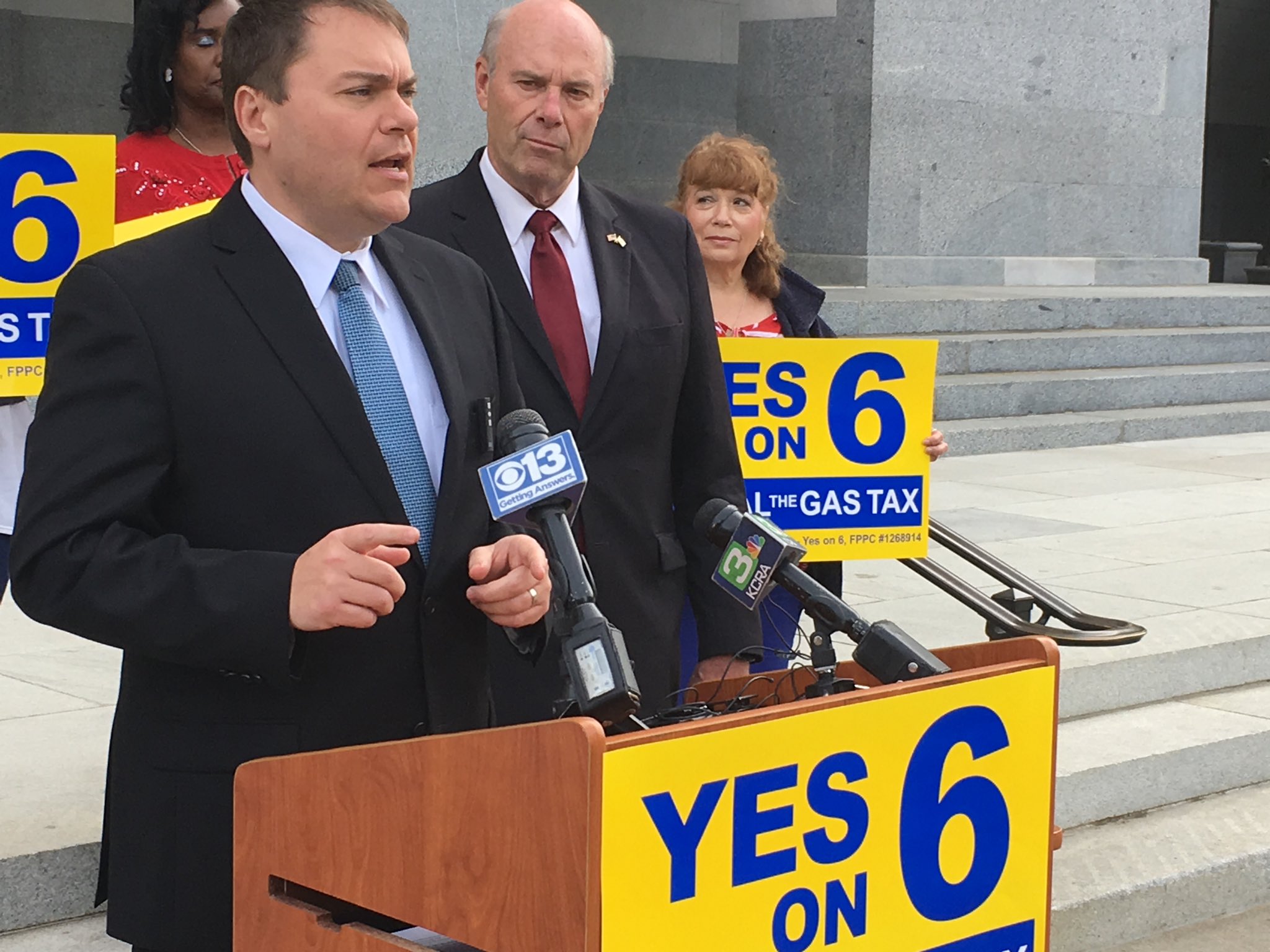
Voting booth (Photo: Shutterstock)
CA Voters Reject Proposition 18, Voting Age Will Not be Lowered in Primaries
Prop 18 would have allowed 17-year-olds to vote in primary elections
By Evan Symon, November 6, 2020 2:12 am
On Election Day, Proposition 18, which would have allowed some 17-year-olds to vote in primary elections in California, was rejected by voters, keeping the voting age in all elections in California at 18.
As of Thursday at 7:30 P.M., Prop. 18 was down by 1.3 million votes, 5,550,054 to 6,840,375. The margin of 45%-55% is expected to hold as the remaining 24% of ballots in the state are tallied.
Proposition 18 would have specifically allowed 17-year-olds who were to be 18 by the day of the general election to vote. Had it passed, Prop 18 would have changed the law in time for the 2022 primary in June of 2022. Prop 18 had began its life in early 2019 as Assembly Constitutional Amendment 4, authored by Assemblyman Kevin Mullin (D-South San Francisco). It was passed by the California legislature along party lines. While initially popular with voters early on, especially in the aftermath of the George Floyd Protests earlier this year, support for Prop 18 began falling in late July, with polls in the fall showing a majority of voters opposing the passage of the proposition due to concerns over non-tax-payers voting on tax issues in state primaries.
Supporters, led by many Democratic party-related organizations such as Yes on 18, had said that while 18-year-olds can vote in the general election, they did not have the right to choose who they could vote for outright due to California’s “jungle primary” policy in state elections that only allow the top two vote getters to be on the general ballot in most elections. Many also noted that while they are minors, some 17-year-olds, do have to face adult situations such as paying certain taxes, utilizing housing benefits, and other circumstances.
“Voting should be based on the full election cycle,” said the California League of Conservation Voters, a Prop 18 supporter, earlier this week. “If young people will be voting in November, they should be able to vote in the primary to decide who will be on that November ballot.”
Meanwhile, those who opposed the proposition, which included the Republican Party of California, argued that 17-year-olds were legally not adults, and did not have to pay taxes. As many tax-related propositions and measures are on primary elections, especially for more localized elections, they questioned why non-tax payers should be allowed to vote for tax measures. Questions over teacher union influence on younger voters were also raised, as well as how 17-year-olds are still going through adult development and may not make sound decisions.
“Prop 18 lowers the voting age for many young Californians to just 17 in primary elections,” said the state Republican Party last week. “This means high school seniors would be voting for important tax measures only adults would pay.”
The defeat of Proposition 18
Following Prop. 18’s defeat this week, supporters have vowed to bring this back soon to the voters.
“It’s all about fairness,” explained Jim Christian, a Prop. 18 supporter and signature gatherer, to the Globe. “Voters in California are not ready to accept that 17-year-olds have just a valid opinion as everyone else on who they want to vote for. In a few years, with tighter races predicted across California, we’ll see a change.”
Meanwhile, Prop. 18 detractors celebrated the defeat, noting that it would keep current voting age limits in place for quite some time.
“Democrats know that they would have gotten the majority of the approximately 100,000 votes that would have come from this. And they could have really done damage in primaries or picked people without being fully informed. Or being more directly influenced by their parents who they legally have to live under. Or voted on a school tax bill despite many not sending in a 1099 or a W-2,” noted Pauline Higgins, who has helped organize online ‘no on 18’ vote events in Northern California since June. “They just tried to boost their rolls and votes, but Californians, two-thirds of them Democrats, didn’t fall for it. They were informed this year, at least on propositions.”
Final proposition results are expected in California in the next few days as remaining votes across the state are tallied.
- Bill to Require Law Enforcement Disclosure if AI Was Used To Help Write Reports - August 7, 2025
- Gov. Newsom Files FOIA Request To ‘Expose True Cost’ Of L.A. Federal Troop Deployment for Anti-ICE Riots - August 6, 2025
- California Redistricting: How Newsom’s Plan Will Demolish Hard Fought GOP Gains - August 6, 2025



